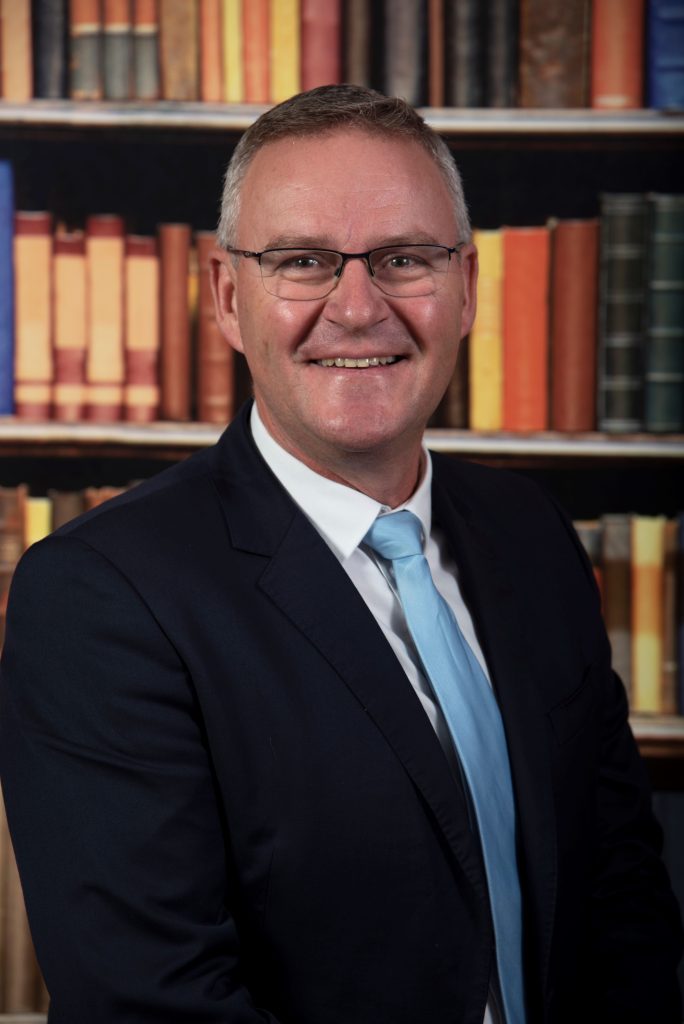
We live in a world where borders have become grey lines, separating continents with the mere click of a button. Given the vastness of our geopolitical landscape, the distribution of your assets upon your death can be complicated not only from a local point of view but also from an offshore perspective.
Generally, when addressing offshore assets, the first question is whether both local and offshore Will(s) should be completed or whether one will be sufficient to deal with both local and offshore assets. There is, however, no ‘one size fits all’ approach to the question.
Willem van der Merwe, Global Solutions Specialist at FNB explains, “Each person’s individual, social, environmental, and economic circumstance needs to be considered to determine the best (personalised) option. We need to recognize that every person is a citizen of this world; and while different jurisdictions have different succession rules, the consequences of ones wishes and how they interact with a specific jurisdiction’s laws, should be noted.”
“While in certain circumstances, it makes sense to draft separate Wills, it is important to manage the potential risks. For example – should your client have a Will drafted in another country, say Portugal, it should be clear that the Will deals with the assets situated in Portugal only. If this is not clear, this Will may unintentionally override the directions of the Will drafted in South Africa, which is aimed at dealing with the South African assets. Similarly, the South African Will should be amended to exclude assets situated in Portugal, or elsewhere if relevant,” he adds.
Marius Pentz, Cape Regional Head for Private Bank & Advisory adds that, “With the continued rise and growth in the number of global citizens that hold global assets and investments, our role as an integrated financial services provider extends beyond their transactional needs to helping them and their families manage their assets with the right kind of integrated advice and solutions that talk to a broader financial and estate planning journey which is structured to help with their onshore and international financial and diversification needs.”

When considering whether to have a separate Will for your offshore assets, the following guidelines can assist with weighing up the options. These guidelines are not fixed and exhaustive rules, but are rather indicative guidelines that can be considered:
- Rule of thumb: where only movable assets are owned in the foreign jurisdiction, and there would not be a need to transfer the assets within a specific time period, it can be considered to include these assets in a worldwide will covering all assets. In the event of immovable assets, the preference is to consider drafting a Will in the jurisdiction where the asset is located.
- Obtain clear information regarding the type of asset and the value thereof. Some assets might have certain limitations that are stipulated in terms of the Title Deed or as part of the product rules of the specific investment. Ensure that where an asset is administered by a specific institution i.e., a bank or an investment company, that the institution confirms their requirements at estate administration stage.
- Does forced heirship apply in the offshore jurisdiction(s)? Forced heirship has the effect of assets transferring to beneficiaries via a certain set of stipulated rules. If this is not considered during the planning process, the practicalities of administration and transfer of the assets might be impacted, forcing the executor to sell assets in order to affect a practical transfer of the assets to the intended beneficiaries.
- Countries where English is not a first language, may require a Will that was drawn up in SA to be translated into the relevant language. This may lead to unnecessary delays, costs and may potentially create confusion if not translated correctly.
- When holding assets in various jurisdictions, some institutions where assets are held may have a discretion whereby there is no need for an appointment of probate to transfer the asset. Therefore, a separate will might not be required. For instance, FNB Channel Islands in Guernsey typically applies this discretion to amounts under GBP10,000 and can transfer the asset without the need for probate requirements being adhered to.
- Estate Planning across jurisdictions: While in the process of reviewing a SA and/or offshore Will, it is equally important to also review your client’s Estate Plan. This includes the use of Estate and Tax planning to optimize legal structures as well as to cater for generational planning.
It is imperative to ensure that the implications of separate Wills are understood, as well as the implications of future additional Wills. “When a succession plan is being reviewed, the drafters of a future Will should be notified of all finalised Wills to safeguard against accidental revocation of any of the current Wills. Finally, ensure that all Wills ‘speak’ to one another and that there is no duplication of assets in any of the Wills, which may result in possible disputes between beneficiaries,” concluded van der Merwe.
INFO SUPPLIED. disputes


